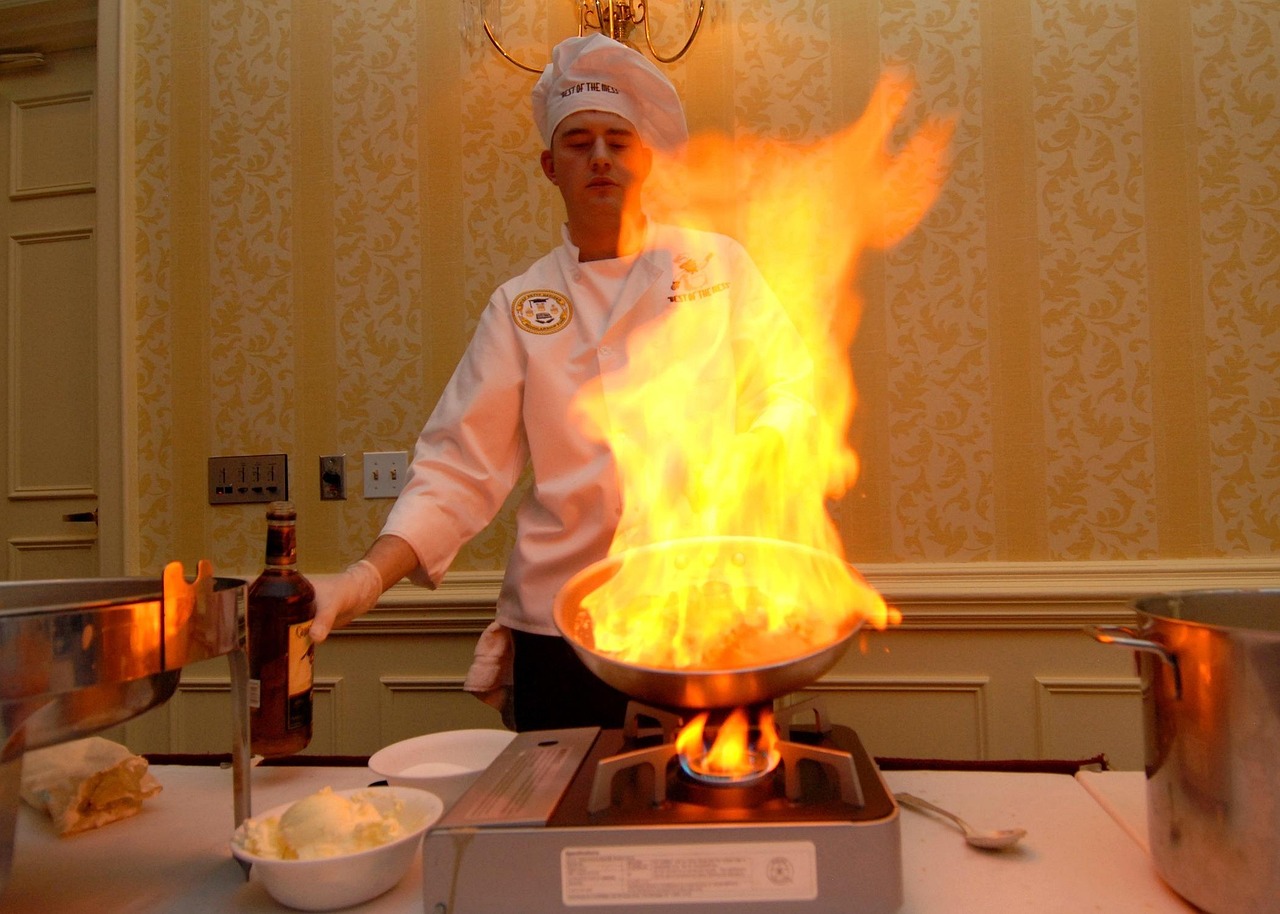



Molecular Gastronomy & Modern Culinary Science
Molecular Gastronomy & Modern Culinary Science Professional Certification
Master the cutting-edge art and science of molecular gastronomy through this comprehensive certification program developed by Michelin-starred chefs, food scientists, and molecular gastronomy pioneers. Learn to transform ordinary ingredients into extraordinary culinary experiences using scientific principles, advanced techniques, and innovative equipment that pushes the boundaries of traditional cooking.
Molecular Gastronomy Fundamentals:
- Food Science Principles: Understand the chemistry and physics behind cooking processes, protein denaturation, Maillard reactions, and molecular transformations
- Hydrocolloid Mastery: Expert use of agar-agar, sodium alginate, xanthan gum, gellan, and other hydrocolloids for texture modification and spherification
- Spherification Techniques: Basic and reverse spherification for creating liquid-filled spheres that burst with flavor, perfecting caviar pearls and liquid-center preparations
- Gelification & Texturization: Creating hot gels, fluid gels, brittle gels, and elastic gels for innovative texture experiences that challenge traditional expectations
- Emulsification Science: Advanced emulsion techniques including lecithin foams, oil powders, and stable foams that maintain structure and flavor intensity
Advanced Equipment & Techniques:
- Liquid Nitrogen Applications: Safe handling and culinary applications of liquid nitrogen for flash-freezing, texture contrast, and dramatic presentation effects
- Sous Vide Precision Cooking: Temperature-controlled cooking for perfect texture, enhanced flavors, and impossible-to-achieve traditional cooking results
- Rotary Evaporator Techniques: Extracting essential oils, creating distillations, and concentrating flavors using laboratory-grade equipment
- Ultrasonic Bath Applications: Accelerated infusions, texture modifications, and enhanced extraction techniques using ultrasonic technology
- Centrifuge Separations: Clarifying liquids, separating components, and creating pure flavors through high-speed centrifugal force
Innovative Presentation & Plating:
- Edible Films & Membranes: Creating transparent edible films, flavor-releasing membranes, and protective barriers that enhance both taste and presentation
- Aromatic Elements: Incorporating controlled release aromatics, encapsulated scents, and multi-sensory dining experiences
- Temperature Contrast Techniques: Combining hot and cold elements within single dishes for dramatic sensory experiences
- Interactive Dining Elements: Dishes that transform during consumption, releasing flavors, changing colors, or creating surprising textural revelations
Menu Development & Innovation:
- Concept Development: Creating cohesive molecular gastronomy concepts that tell stories and create memorable dining narratives
- Flavor Pairing Science: Using scientific principles to discover unexpected flavor combinations and enhance traditional pairings
- Cost Management: Balancing innovative techniques with practical cost considerations and profitability in professional kitchens
- Staff Training & Implementation: Teaching molecular techniques to kitchen teams and maintaining consistency in complex preparations
Molecular Gastronomy Career Value:
Certified molecular gastronomy specialists earn $65,000-$150,000+ annually, with executive chefs at innovative restaurants earning $100,000-$300,000+. This specialized skill set opens doors to high-end restaurants, culinary research and development, food consulting, and celebrity chef opportunities. The molecular gastronomy market continues growing as diners seek unique, Instagram-worthy culinary experiences.